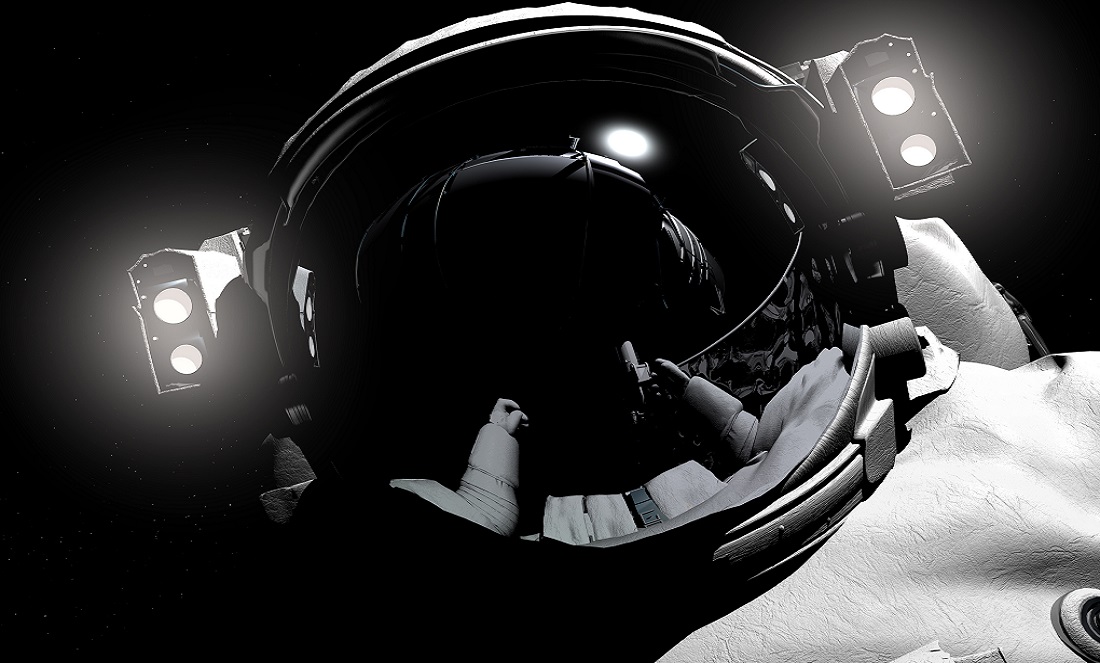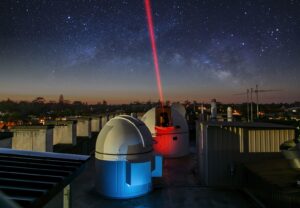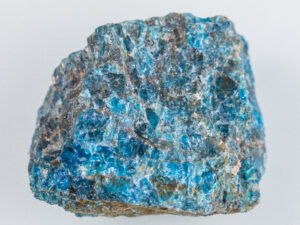On Earth, people are generally across crime and punishment in their countries. And for the most part, it all follows the same cops and robbers formula. Baddies get caught, and the good guys lock them up or hand down some other punishment.
But what happens when the baddies are several thousand kilometres away out in space? Are astronauts above the law outside of Earth’s atmosphere?
A space murder mystery
Let’s say that, hypothetically, a British astronaut is murdered by an American astronaut in space. What laws apply? And how will the American be punished?
Well, it depends. There are a few factors at play when it comes to interstellar indiscretions.
One of the greatest authorities in this area is the United Nations Office for Outer Space Affairs (UNOOSA). They’ve written an Outer Space Treaty, which outlines some general rules for peaceful space exploration.
The most important rule? No country can claim sovereignty of outer space or other celestial bodies. Basically, you can’t plant your flag on Mars and call it yours. Space belongs to no one … for now.
But back to the Brit and the American
If no one can own outer space, then no specific country’s laws can apply there. But that doesn’t mean anything goes. The treaty says in Article VIII:
“A State Party to the Treaty on whose registry an object launched into outer space is carried shall retain jurisdiction and control over such object, and over any personnel thereof, while in outer space or on a celestial body.”
So, if the murder occurs on a US spacecraft, America gets to decide the punishment. Like committing a crime on international waters, the vessel the crime’s committed on is considered an extension of a country’s sovereignty, and that country gets to charge.
Now what if the grisly act unfolds on the Moon? As personnel are under the jurisdiction of their country, their country’s laws still apply. That means if there was a Brit and an American on the Moon, they’d be obeying different laws, and America would need to deal with their own murderous astronaut.
While killing people is pretty much frowned upon everywhere, smaller crimes would be different. An 18-year-old Brit could chug some adult bevvies on the Moon, while an 18-year-old American would not be allowed.
Just to complicate things …
While the Outer Space Treaty is a pretty good guide for most space crime, the International Space Station (ISS) has its own rules. For the most part, it’s pretty similar, but the main difference is the ISS agreement can allow the victim’s country to prosecute.
So if a Brit is murdered on the ISS by an American, Britain could consult with the US and exercise criminal jurisdiction. That means, when they’re all back on Earth, the American could be extradited to the UK for punishment.
The powerful agreement can even override existing extradition treaties. Russia and the US don’t have an extradition treaty. So usually if the US had the right to prosecute someone in Russia, Russia would not have to give them up, but if a Russian harms an American on the ISS, they could be extradited to the US after landing.
The future of space crime
No space crimes have ever been committed. Astronauts are vigorously screened and subject to psychological assessments to make sure they’re right for space travel. Space missions promote a strong sense of camaraderie. It’s a huge privilege to work in space, and astronauts just aren’t the sort of people in the habit of crazy crime sprees.
But in the future, it might not be just highly trained astronauts exploring space. Regular people may jet off from Earth as space tourism rises, and perhaps eventually humans will colonise another planet.
As humans step further out into the cosmos, laws will need to follow. But before we face those challenges, let’s focus on not destroying ourselves on Earth until then.








